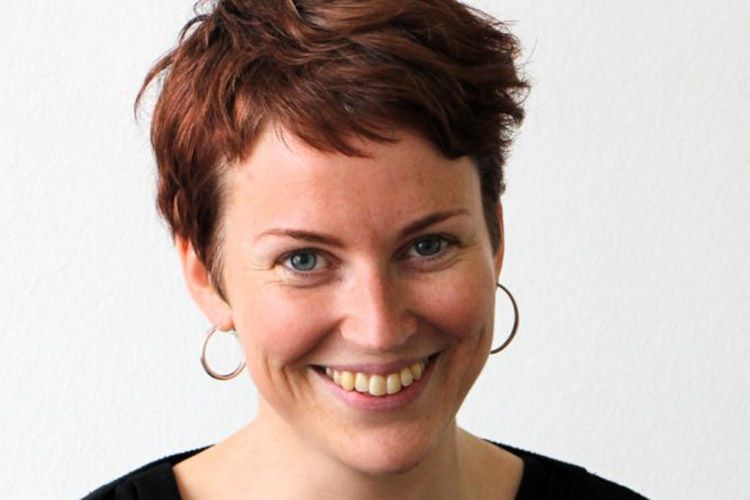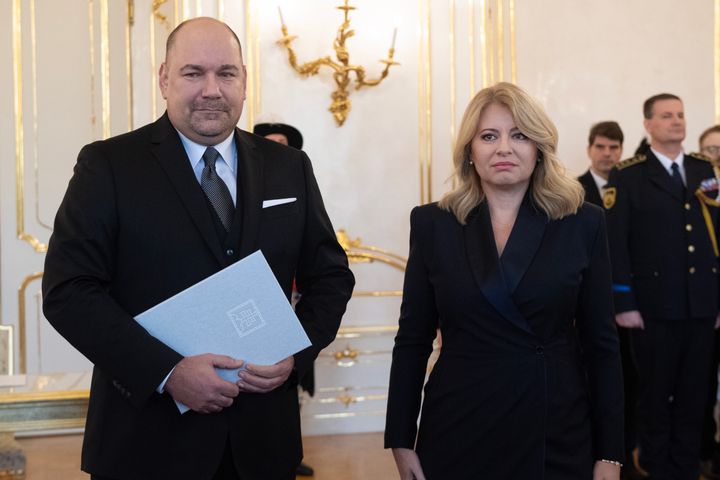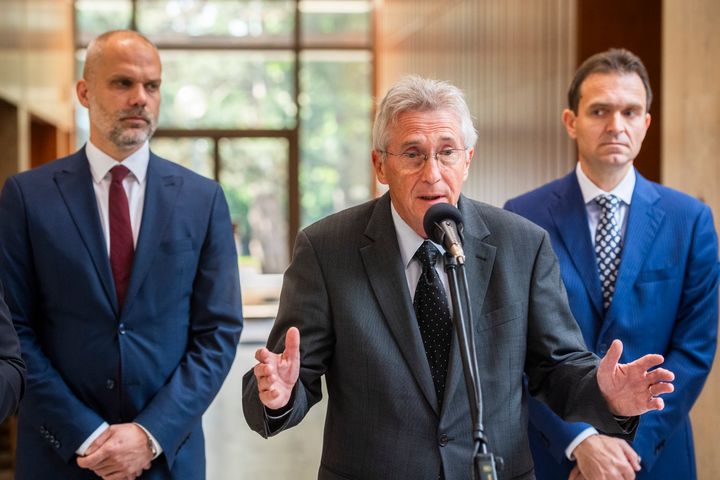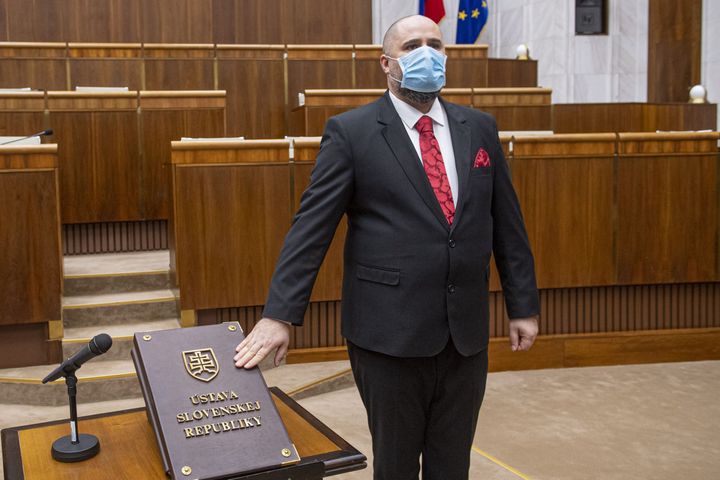Members of Press Ask Police for Explanations Regarding Czech Journalist

Bratislava, May 16 (TASR) – Publishers and editors-in-chief of a number of major Slovak media are voicing their koncern over the activities of police with respect to Czech investigative journalist Pavla Holcova and urge the Prosecutor’s Office and police to elucidate these activities as well as the degree to which they can look into journalists’ sources of information, TASR learnt on Wednesday.
Furthermore, members of the press ask the Culture Ministry to bolster the legislative standing of journalists and do away with the ambiguity inherent in the current legislation.
“The duty to protect sources is one of the fundamentals of journalistic work. It’s one of the conditions, on which people provide to journalists sensitive information that enable the uncovering of corruption or other wrongdoings by the state power. The valid Press Act anchors the obligation to preserve confidentiality of the source of information so as to protect the identity of that source and this obligation explicitly holds true also with respect to data carriers,” reads the joint statement by the press. The text also points out that the right to protect the source is also upheld by the practice of the European Court of Human Rights.
On Tuesday (May 15), SME daily reported that Czech investigative journalist Pavla Holcova was questioned by the National Criminal Agency (NAKA) for several hours. The daily wrote that the police also took away her phone along with the SIM card. “I went [to the questioning] in good faith as a witness, not as a suspect. I don’t think they take away the phones of witnesses,” Holcova wrote on a social network website on Wednesday.
According to the Prosecutor’s Office account, however, the journalist gave consent to have her mobile phone taken away, a fact supposedly evident from the minutes signed by all persons present. “We emphasise that the purpose behind acquiring a portion of the communication was only to obtain objective evidence that could be conducive towards the investigation into the crime and not to violate the rights of the journalist,” said Tokoloyova.



